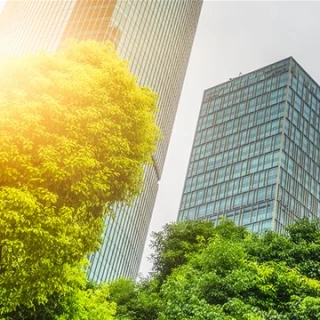
What it means to be sustainable in a fast-changing business world
- utilities
- textiles
- retail
- professional services
by Ian Greenhalgh, UK managing partner
Sustainability is once again high on the agenda in the boardroom. In a world driven by the need for instant fulfilment and widespread consumerism, there is a growing counter push towards environmental conservation, a need to balance the drive for profits with green values, and a drive to offset the immediate requirements of today, with the requirement to build a model that survives and thrives over the long-term.
/Why-digitalisation-is-a-key-factor-720x360-(1).webp?mode=autocrop&w=320&h=240&attachmenthistoryguid=6f944fab-4a07-48c8-8ca0-b1440b83545b&v=&c=f4c9b3571f5959c6045b3d836333b3dfb45c408097da9d9fa504e9a147615b16)
/blog_3_720x360-(1).webp?mode=autocrop&w=320&h=240&attachmenthistoryguid=e58449dd-eb93-47fd-95b7-68a3c858da0a&v=&focusX=483&focusY=139&c=3c8cb7b38497bd1d59459f6171f3e647b044f670762500e1c7f4819b158590b0)
/Identifying-the-barriers-to-profitability-720x360-(1).webp?mode=autocrop&w=320&h=240&attachmenthistoryguid=57e34041-c0dc-4a80-be17-0f5292a0da14&v=&focusX=279&focusY=145&c=a50bbafd37c3c37fc683e9499a8af9379eec582614221335ebaad83ef6692ee5)